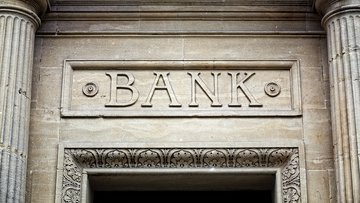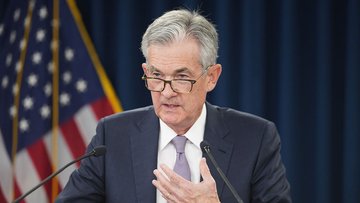The central banks are public institutions that deal with managing the monetary policy of a country.
On the other hand, the ECB (European Central Bank) manages the monetary policies for all countries that are part of the Euro.
The first central bank was born in 1694, Bank of England, and was the first institution to issue banknotes.
After the Second World War, the functions of central banks were increased.
From that moment on they would also take care of politics to support the state, give life to employment and increase incomes.
The functioning of banking policies is vastly different and is based on two main types. The first way of operating is that of the Bundesbank, the German central bank, which is an independent central bank. That is, the political power does not have the faculty to ratify or block the decisions it has taken.
On the other hand, there is the Reserve Bank of New Zealand, which follows objectives set by the government.











